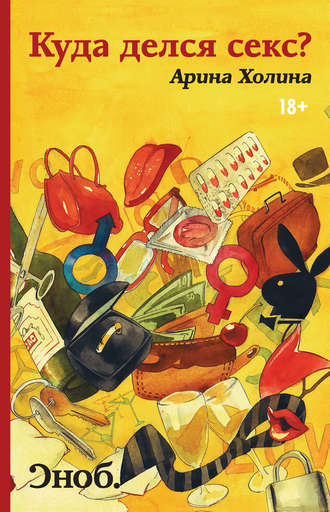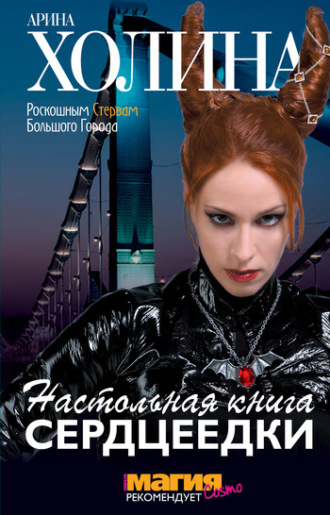

Right? They have never seen war, never experienced shortages, and most have a steady income and can roughly guess what tomorrow brings. Younger Russians have fewer things of which to be afraid than their parents and grandparents. We have to live with that,” wrote (in Russian) journalist Arina Holina in her blog about the fear of a return of the 1990s. “Probably, we are always going to be afraid… that the 90s will return, that ‘they will take everything away,’ that the borders will be closed, that shops will be empty and food and boots will disappear.
#Arina holina how to
People had to learn how to survive the sudden poverty and shortages of essential products, and to navigate their lives in the heyday of organized crime and state financial ruin. In the absence of a proper functioning state, Russians were thrown into a new reality where they barely knew how to navigate. The political and economic collapse of the 1990s also did not make it easier for the next generation. Even if there is no logical reason to expect that something might happen in the near future, the feeling of dread simply does not go away. Many older Russians live under continuous pressure fearing the possibility of an impending catastrophe. The school teacher’s mother is a fine example, and every Russian knows at least one elderly person who keeps an unreasonably large supply of matches somewhere in his or her kitchen cabinet… just in case.Ĭonstant readiness for the worst certainly isn’t good for one’s nerves.

“My school teacher would tell students about her mother who has a special suitcase where she keeps grain, salt, and other essential foodstuffs in case shortages strike again unexpectedly,” said 31-year-old Olga Kolesnikova.

Life taught those who saw the devastation and poverty of the post-World War II years to be prepared for the worst. The older generation that witnessed the turbulence of the 20th century has a deep-rooted fear of such things. And while it has been two decades since any of these threats have materialized in Russia, they continue to linger in people’s minds. Frequent political instability, social chaos, anarchy, disorder, and economic collapse are intangible menaces, yet they imprint on survivors a pervasive sense of impending doom. Many fears tormenting modern Russians originate in the country’s rough path to the present.


 0 kommentar(er)
0 kommentar(er)
